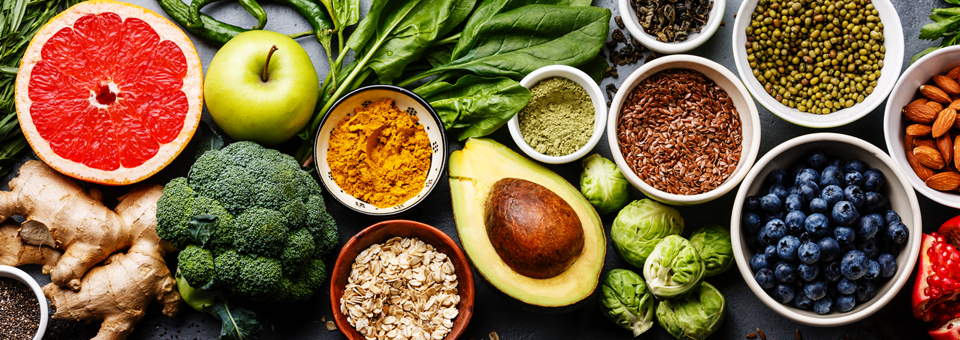In the 30 years since I started practicing medicine, I’ve seen the skyrocketing damage caused by too many free radicals.
Symptoms first appear as fatigue, headaches, memory loss and brain fog, muscle and joint pain, wrinkles and gray hair, vision trouble and decreased immunity.
In a pristine world, our bodies would always be in balance…
But in the toxic environment we live in today, free radicals have gotten out of control.
Taking steps to avoid exposure to toxins is the best way to protect your cells from free radical damage.
But unless you live in a bubble, it’s almost impossible to do that.
At the Sears Institute for Anti-Aging Medicine, I test my patients’ levels of free radicals with a simple urine test that takes less than 10 minutes to do. The results let me know immediately what antioxidants my patients need.

Free radicals form when a molecule loses an electron, making it unstable.
Antioxidants — also known as “free radical scavengers” — can prevent and reduce free radical damage to cells caused by oxidative stress. They are still the best way to guard against disease.
Antioxidants are vitamins, minerals and enzymes that neutralize free radicals. Any time you increase your intake of antioxidants, you’re saving your healthy cells from damage.
Some of the most important antioxidants include vitamins C and E, astaxanthin, beta-carotene and other carotenoids, the minerals manganese and selenium, as wells as glutathione, CoQ10, alpha lipoic acid, phenols, phytoestrogens and flavonoids.
Increase Antioxidants and Eliminate Free Radicals

Directions:
- Eat these foods. Look at the chart on the right to see the 15 foods with the most antioxidants.
- Stop eating these foods. Avoid high glycemic foods, as well as foods rich in carbohydrates. They are more likely to generate free radicals.
- Limit alcohol to two drinks daily. Alcohol is detoxified in the liver by a series of oxidative reactions — in small amounts, these reactions are relatively harmless but when you consume alcohol in excess, your liver will struggle to metabolize it which can lead to oxidative stress.
- Avoid these oils. Vegetable oils like canola, soybean, peanut and safflower oils. They have a high oxidation rate that encourages free radical production.
- Stop doing endurance exercise. As a regular reader, you know your body wasn’t designed for this type of workout. Cardio not only trains your body to store fat and lose muscle, it increases the amount of free radicals produced.
To Your Good Health,

Al Sears, MD, CNS

